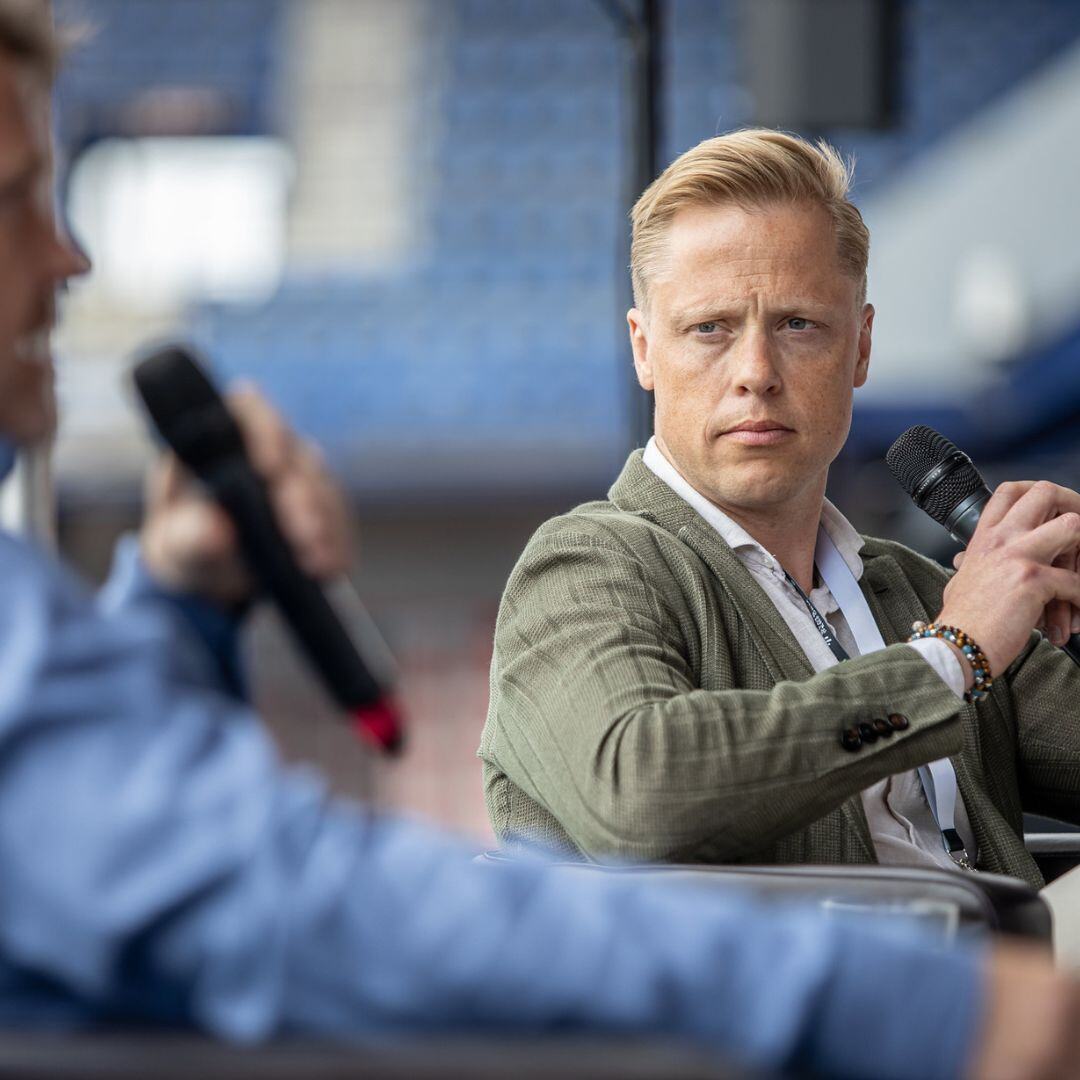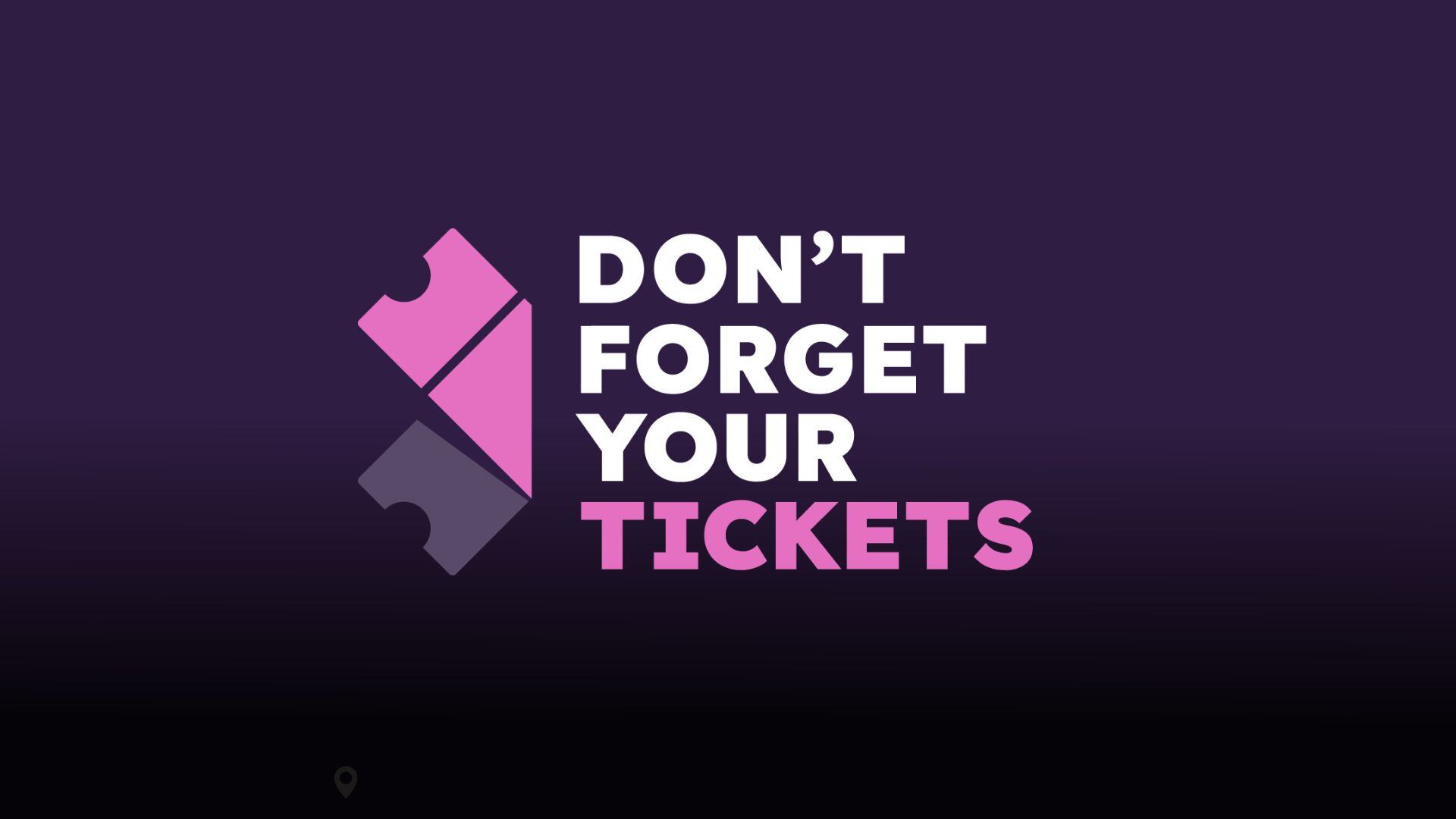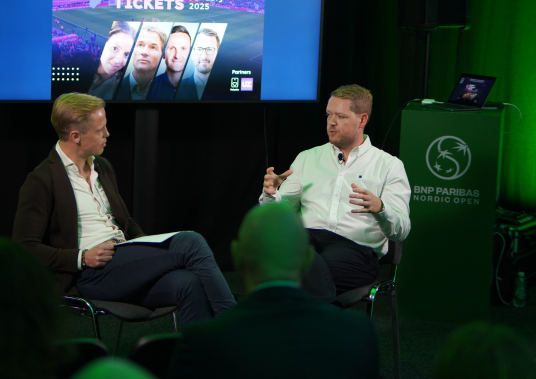One of those early calls came from Sogndal IL, a professional football club nestled between fjords in western Norway, playing at Fosshaugane Campus, a 5,622-seat stadium. At the time, TicketCo was still a fledgling solution built for small venues and clubs. Carl-Erik and Kåre initially declined—Sogndal, they thought, was too big for them.
But Sogndal didn’t back off. They insisted.
That determination led to TicketCo’s first foray into professional sport. In close collaboration with the club, TicketCo developed key football-specific features—seat maps, season ticketing, access control integrations, and supporter communication tools. What emerged was a scalable solution with real-time capabilities, designed to meet the operational demands of a stadium but still intuitive enough for non-technical users.
The breakthrough at Sogndal opened new doors. Soon after, Norsk Toppfotball—the governing body of Norway’s top two professional leagues (Eliteserien and OBOS-ligaen), representing 32 clubs across the country—announced a public tender for a unified ticketing solution.
TicketCo entered the race alongside ten competitors, some of them being the world’s leading ticketing providers. Despite being a young company, TicketCo’s agile, club-first approach resonated with the league’s strong commitment to innovation and digital transformation.
Against all odds, TicketCo won.
That partnership became a defining moment. Not only did it validate TicketCo as a serious player in the professional sports space—it shaped its product roadmap, values, and vision. With direct input from clubs across all tiers of Norwegian football, TicketCo evolved into a platform that didn’t just serve football—it was shaped by football.
From that point forward, sport wasn’t just a vertical. It became TicketCo’s core identity.








